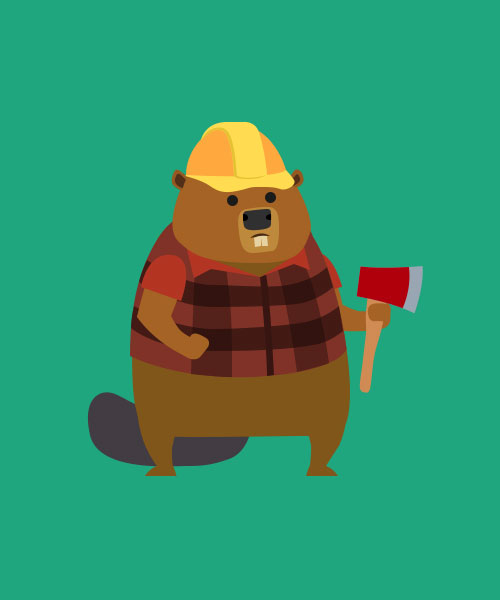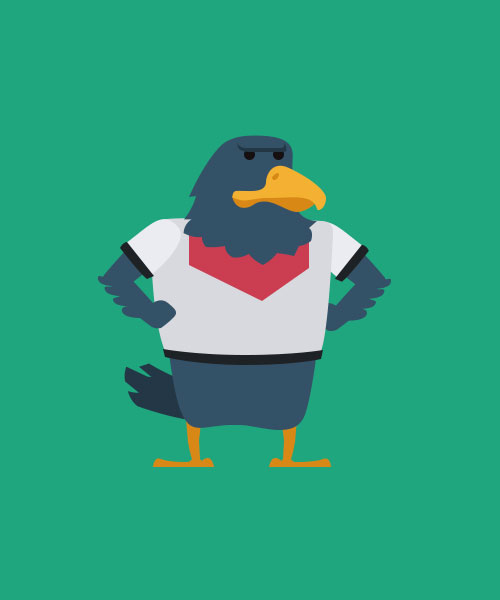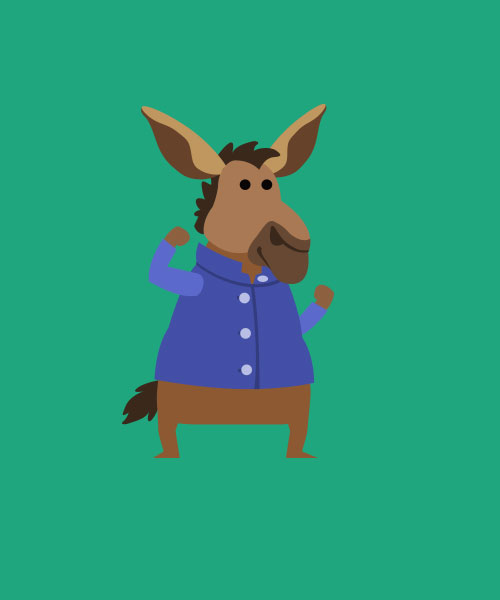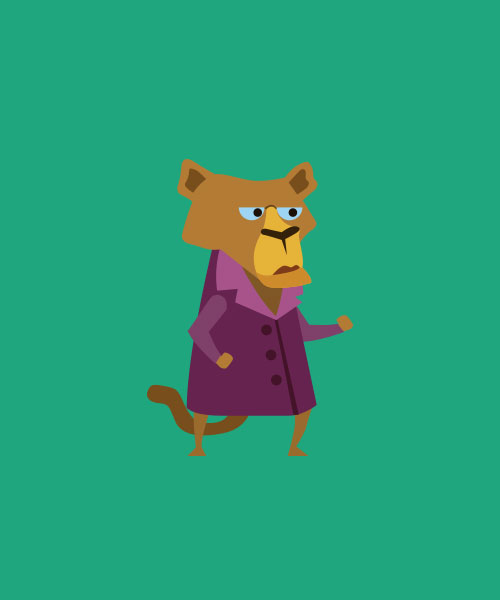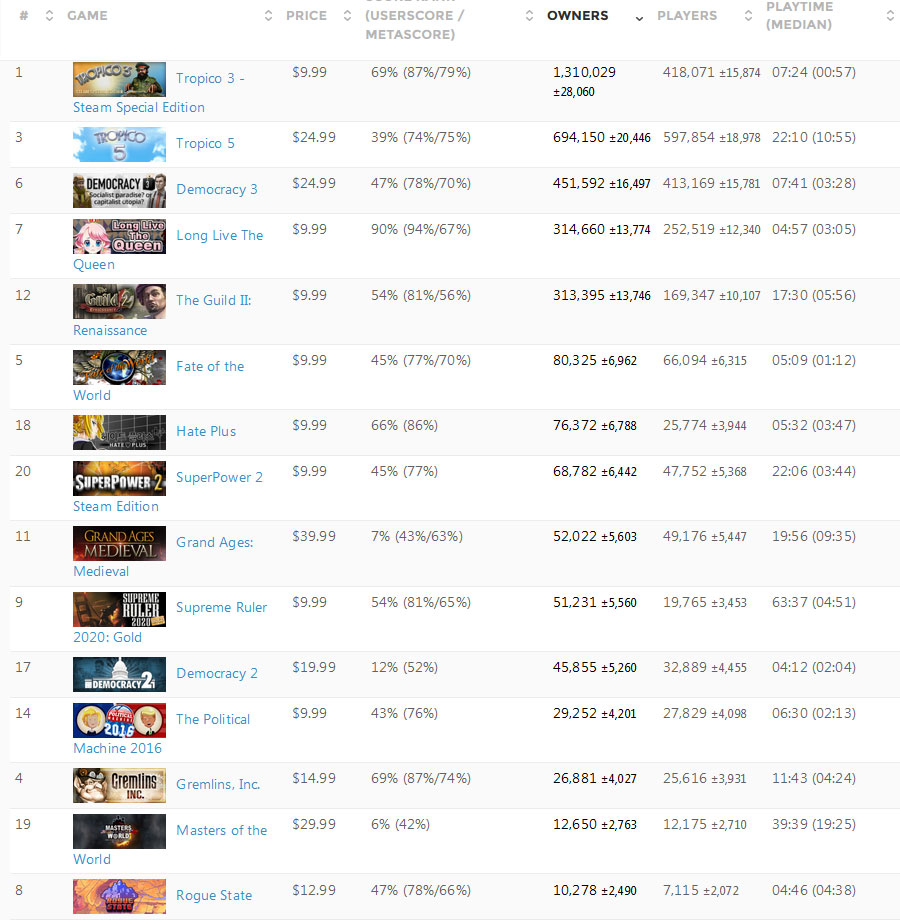Attendance at PAX West (formerly PAX Prime) was finally surpassed by PAX East this year, but you wouldn’t think that given the line stretching out of the Washington State Convention Center. PAX West is so large that the convention center cannot contain it, spilling over into multiple locations aroundaround downtown Seattle. Tucked into a corner of the Expo Hall as part of the Indie Megabooth, Political Animals was shown off for the very first time in a major games convention.
First Two Days
The Indie Megabooth tried something interesting this year where they split up the days that exhibitors would be presenting. Since we (my wife Aissa and I went together since we both had US visas) were arriving the night before after a 20 hour flight, we negotiated for a Sunday-Monday slot. This was a good thing, since PAX was really overwhelming and it took me some time to make sense of it all and figure out a way to make the first two days worthwhile.
PAX Panels
One of the most enjoyable and entertaining parts of PAX were the variety of panels they had on hand. The first panel we attending was about an organization called Anxiety Gaming whose mission was to help gamers with mental health issues. It’s pretty cool to know that there are organizations like this springing up to cater to the needs of different kinds of gamers.
My favorite panel was the “A History of the Great Wars of EVE Online” by Andrew Groen. While I don’t think I could ever really play EVE, the stories I hear about it are some of the most entertaining game narratives I’ve ever read or experienced. Andrew’s dissection of the political systems of two of the major coalitions of EVE, “Band of Brothers” and the “Goonswarm” was both revelatory and hilarious. By the end of his panel I was ready to pick up his book, but unfortunately he’d just sold out all copies. I may still pick it up on Amazon someday.
Networking
Aside from handing out flyers and pins, the second work aspect of the convention was going around and meeting fellow devs, console representatives, publishers, and media. Networking is probably the most useful thing any developer can learn, because it creates opportunities for you down the line. While most of these connections probably won’t bear fruit, you will always learn something new, and if you're lucky make some awesome new friends.
I first made the rounds in the Indie Megabooth, where I met a lot of different developers. I naturally gravitated towards simulation games like Halfbus' Basement and Somasim’s Project Highrise. Other games that caught my eye were Masquerada, Battle Chef Brigade, and Dog Sled Saga. Aside from the Megabooth, I wandered around and played Amplitude’s Endless Space 2, checked out Battletech by Harebrained Schemes, and tried out Runic game’s latest, Hob. I'm a huge fan of all of these companies' games so it was nice to be able to chat with some of the developers while playing their games.
Last Two Days
This was the moment of truth. While we’d showed off the game to some people and had it tested by playtesters, this is the first time we were going to show off the game to the public. I was beset by worries. Would players like it? Would they get the theme? How would we be noticed sandwiched in between so many other games? Was our game even any good? Aissa did and excellent job of organizing the booth while I fretted over some bugs in the latest build.
Turns out I didn’t need to be so worried. We always knew that we were a niche game, but there were enough people playing and enjoying the game that I’m confident that we’ll be okay as long as we are able to properly reach our target market.
The revelatory moment came for me when I met Philip. Philip found out about the game through targeted advertising on Facebook. He made it a point to find us at the megabooth and waited patiently for almost an hour while another player finished his turn at the game. In the meantime, when he noticed that a small crowd was starting to build up and start watching the game, he would hand out flyers and even offer explanations of the game, all without any prodding from me. The next day I met Jonah, who was also avidly handing out flyers and explaining the game unbidden. He even emailed me afterwards volunteering to help us with QA! It felt great when attendees started talking between themselves, explaining the game to each other and offering strategies. The game was starting to take on a life of its own.
Serendipity
I’ve always said that the hardest thing about being an indie PC developer in the Philippines is lacking access to conventions like PAX. Sure we have our own conventions, but our target market is the entire world, and right now, the world pays attention to conventions like PAX. While showing off the game we were approached the gaming director of SXSW, a representative from Sony that was interested in getting the game to consoles, and a really awesome Twitch streamer named SeriouslyClara. Clara really loved the look of the game and wanted to introduce me to a friend of hers that distributes content to Twitch streamers. Her tweet about the game probably brought more attention to the game than any of our individual tweets. It’s this kind of serendipity that makes shows like PAX so valuable to a small developer.
Back to Work
At the end of each day my voice was hoarse, I was exhausted, and I vowed to never do that again. But at the end of PAX I felt myself missing it, and wishing we had a few more days to show off the game. At the start of the trip , I was worried that no one would pay attention to the game. Now I feel like we have to get back to work to really clean up the game and make sure we don't disappoint all the folks who came to play it!
Thanks for reading, and if you'd like to be updated on the latest Political Animals, please sign up for our mailing list! We'll also be at TGS until Friday Sept. 16 (look for the ASEAN booths) and all 4 days at EGX. If you want to schedule a meeting just click on the contact tab and get in touch!













